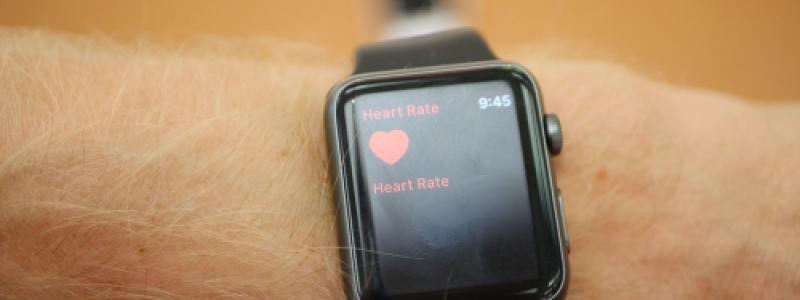Report: Drug users are using wearable devices during binges

First of all, drug use is never a good idea. Secondly, taking full advantage of the features of today’s wearable devices during drug binges is also a very bad thing to do. But apparently, a number of people are using popular wearables like the Apple Watch and those made by Fitbit to attempt to keep safe while doing drugs.
As recently reported by CNBC, a few users have already taken to Reddit, Twitter, and other social media platforms to share their experiences of using smartwatches and fitness trackers to monitor their heart rate, while using cocaine, speed, ketamine, and other drugs. According to some of these people, if the wearable device indicates that their heart rate has increased to 150 beats per minute (bpm) when they are on cocaine, they will have to slow down on the drug use.
Per the National Institute on Drug Abuse, there have been several cases of cocaine use that directly led to increased heart rate, plus constricted blood vessels and even dilated pupils. In CNBC’s report, a techie in his twenties living in the city of San Francisco in California shared that his Fitbit device indicated that his resting heart rate was at around 55. When that rate goes up to 150 or 160, that is a sign for him to hit the brakes. According to the guy, he can easily find information online, but none that is specific to him only. But when using Fitbit to track his heart rate while on cocaine, he is able to get real time data about himself.
Needless to say, this stuff is pretty disturbing, in all sorts of ways. And quite naturally, doctors are issuing all kinds of warnings -- according to them, using heart rate trackers to protect oneself from overdosing may actually lead to a false sense of security. As pointed out by Dr Ethan Weiss, a cardiologist, to CNBC, the use of cocaine also affects blood pressure and heart rhythm. And while it is true that most of today’s wearable devices are capable of monitoring the heart rate, only a select few can track blood pressure and heart rhythm, which means that even if drug users are keeping watch of their heart rate in real time, they have no way of knowing if their blood pressure and heart rhythm are already reaching dangerous levels. And even if we are only talking about heart rate, results of a study recently conducted actually suggested that heart rate monitors are not as accurate as compared to standard chest straps.
Related Blog Articles
- Tello Mobile: DIY affordable phone plans
- Why You Should Consider Consumer Cellular Service
- Verizon Wireless text outage affected “a ton of customers”
- Verizon’s new Just Kids plan is made for kids
- T-Mobile offering 3rd line for free to new and current subscribers
- China Mobile does not stand well with the FCC’s decision
- Sprint’s 5G service now in four cities
- AT&T launching Samsung Galaxy S10 5G on June 17
- Report: Verizon could launch three unlimited plans with 5G access
- CBS channels no longer offered by AT&T


 Menu
Menu